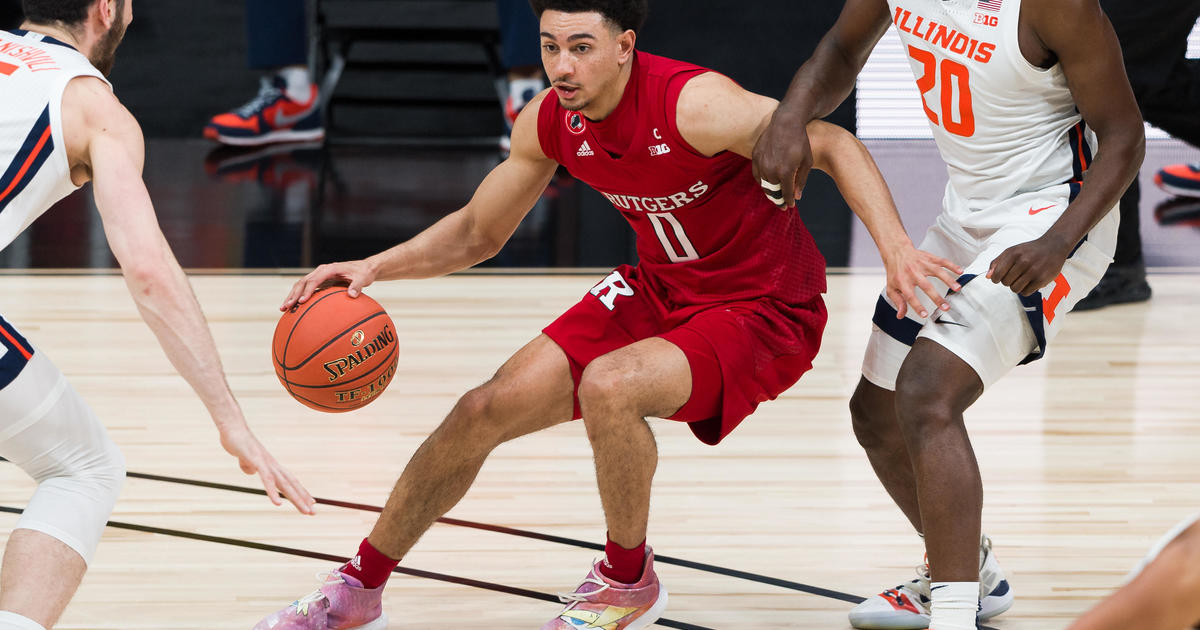
"Not NCAA property": College basketball players push for compensation as tournament starts
CBSN
College players from more than 15 teams playing in this year's NCAA men's basketball tournament are taking aim at the NCAA, demanding a reform to rules that will allow for collegiate student athletes to be compensated.
While the NCAA is expected to make nearly $900 million during March Madness and split it amongst its member schools, players won't see a dime. Among the athletes leading the charge to change that include Michigan's Isaiah Livers, Iowa's Jordan Bohannon and Rutgers' Geo Baker, who all tweeted out "#NotNCAAProperty" as part of a protest organized by the National College Players Association (NCPA). "We deserve an opportunity to create money from our name, image, and likeness," Baker tweeted on Thursday. "If you don't agree with that statement, then you are saying that you believe that I, a human being, should be owned by something else."More Related News
